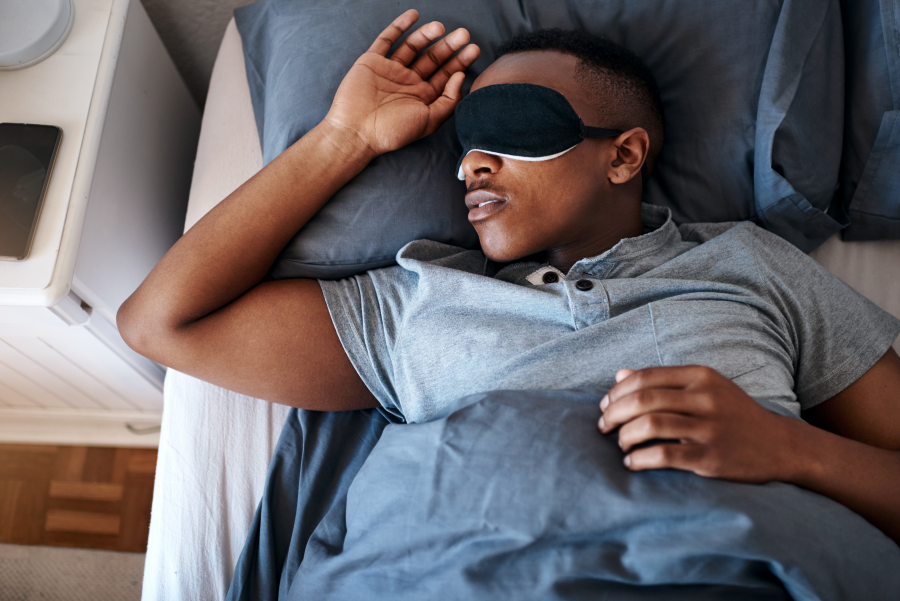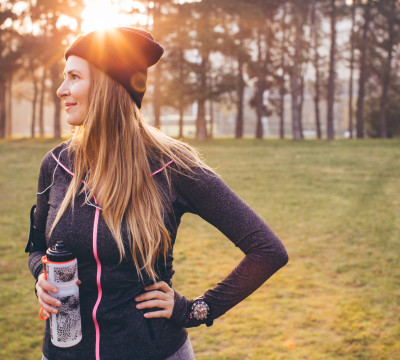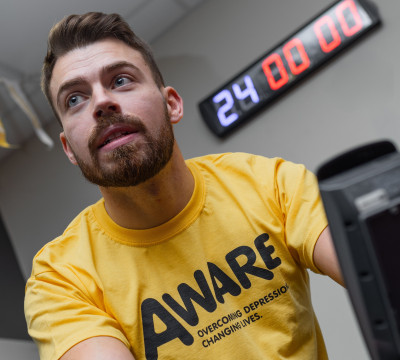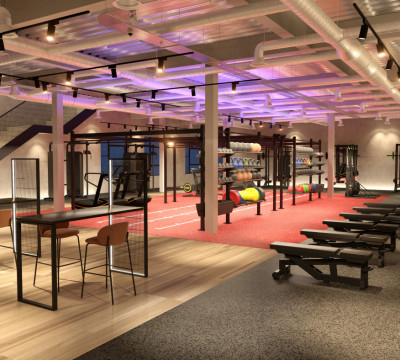We all know that sleep is important. It is mentioned over and over again on various health articles and wellness websites, and is recommended in detail by the NHS. Yet most of us report prioritising many other things in life before sleep. Is it possible that sleep is actually the most important pillar of wellness?
How much is enough?
The NHS recommends all adults aim for 6-9 hours, ideally at the same time every night. It may be tempting to “catch up on sleep” over the weekend, but studies show this can be counterproductive and can throw off your circadian rhythm over time.
It should take you between 10-20 minutes to fall asleep once you get in bed. If it takes any longer than this, experts recommend leaving your bedroom to change your scenery and to do an activity that puts your mind at ease. Go into the lounge with a book, and you might find yourself getting sleepy more quickly than you thought!
Okay, but how do I get my best sleep?
Exercise! Did you think we wouldn’t mention that one?
What you do during your waking hours actually has a huge impact on your sleep. Integrating regular exercise into your daily routine leads to better quality sleep. However, it’s best not to do aerobic exercise within a few hours of your bedtime, as this can spike your energy and have the opposite effect. Therefore it’s best to do the more intensive exercises earlier in the day. Finally, sleep is key for muscle repair and growth, as well as weight loss. So no matter your goal, there isn’t really a downside to prioritising sleep!
Limit caffeine and alcohol
Being mindful of your consumption of both caffeine and alcohol is important when getting your best night's sleep. Experts recommend stopping or limiting caffeine intake after 12pm. Caffeine can disturb your sleep if ingested within even 6 hours of your bedtime. Maybe make that second (or third, or fourth) cup a decaf! When it comes to alcohol, many of us may think that an evening glass of wine makes us sleep better, when in reality the opposite is true. It may make you feel sleepy, but studies show the quality of sleep is severely impacted by alcohol, especially when consumed near to your bedtime.
Nighttime routine is key
When you are ready to wind down for the evening, come up with a pre-bedtime routine that works for you and stick with it. Take a warm shower or bath, as this drops your body temperature to the ideal sleeping conditions. The absolute hardest thing will be what we are told time and time again - ditch the screens! In the hour leading up to when you go to sleep you should avoid the use of screens, as the blue light blocks your body’s production of melatonin, which can keep you awake and restless. Finally, do something to quiet your mind. This can be reading a book, listening to a podcast or doing some gentle breathing or meditation.
Hopefully these tips will help you rest well. Good luck and sweet dreams!




